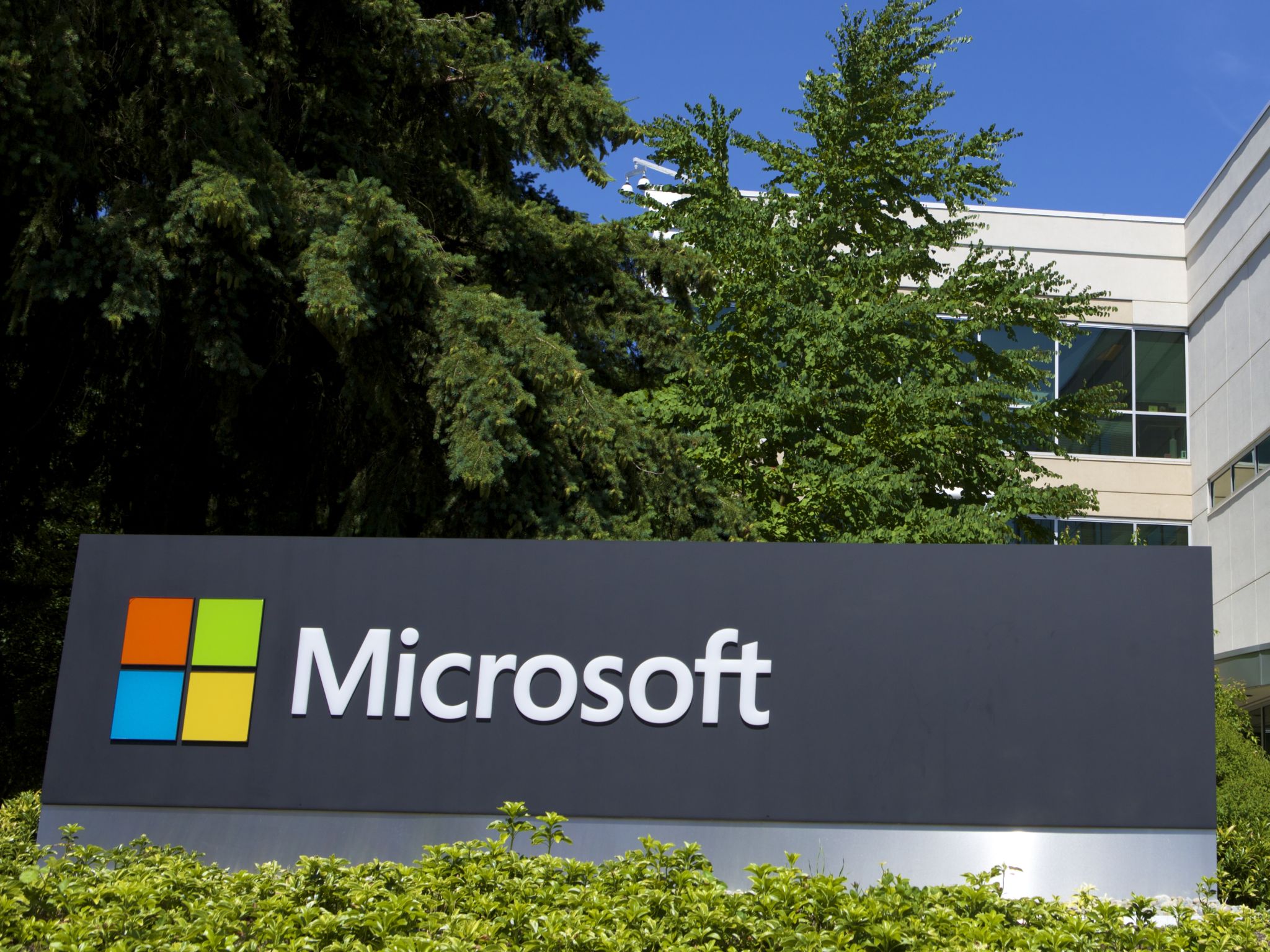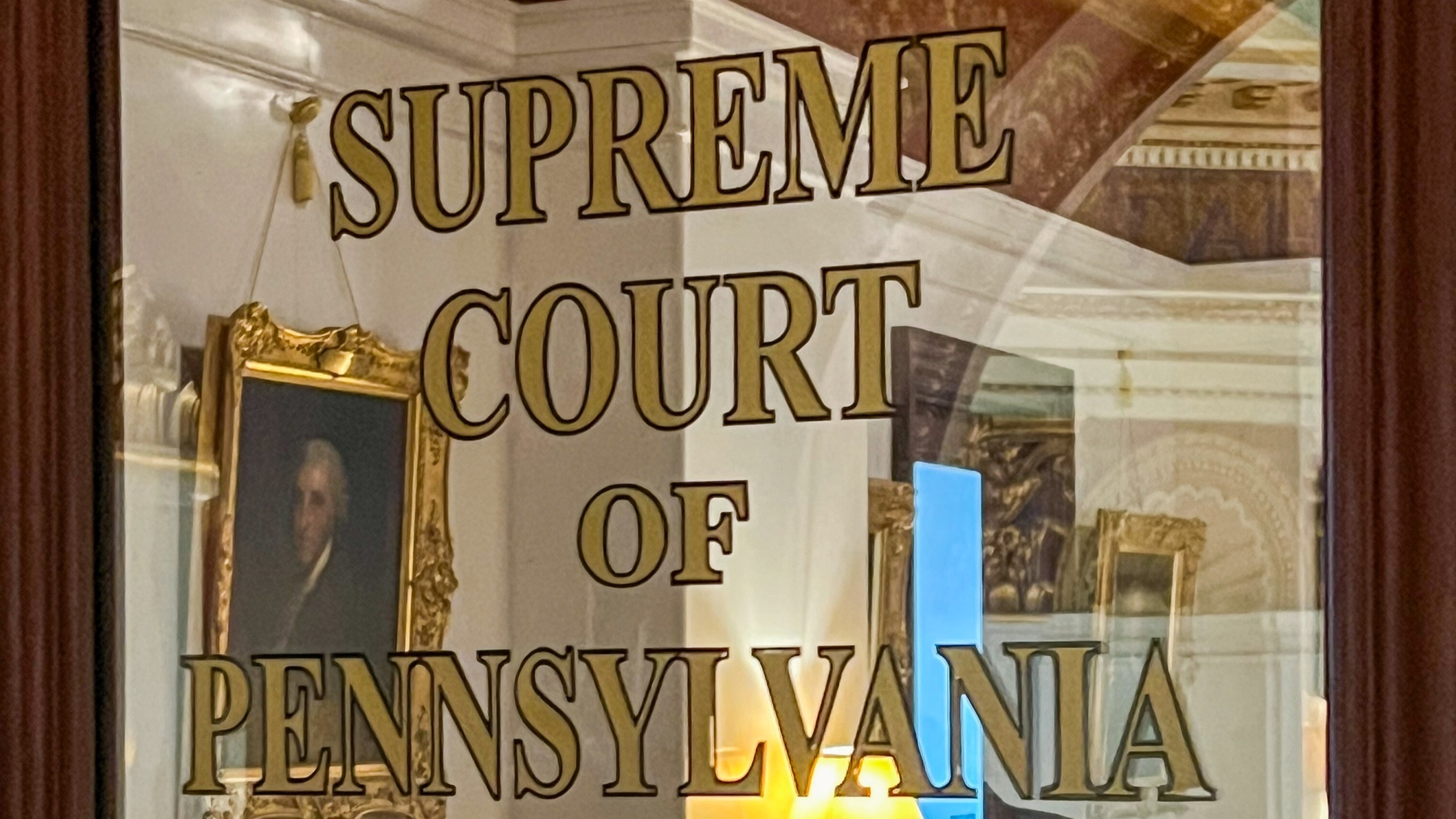Microsoft joins with Apple, Google, and others to fight unwanted robocalls in the U.S.

Microsoft is one of 33 companies and organizations that have banded together to form the Robocalling Strike Force in the U.S. It will pledge to create solutions designed to decrease the number of these kinds of unwanted or illegal automated calls on smartphones.
Some of the other companies that are a part of this group include Apple, Google, BlackBerry, Nokia, Samsung, AT&T, Verizon, Sprint and T-Mobile. In a press statement AT&T CEO Randall Stephenson describes the goals of the Robocalling Strike Force:
This strike force will need to take a different approach. If we truly want to deal with this, the entire ecosystem has to work together – carriers, device makers, OS developers, network designers. And don't forget, regulators and lawmakers have a role to play. We have to come out of this with a comprehensive play book for all of us to go execute. While many people like to portray this as a simple issue to address, it isn't. These unwanted calls span a wide range. We have calls that are perfectly legal, but unwanted, like telemarketers and public opinion surveyors. At the other end of the spectrum, we have millions of calls that are blatantly illegal. They are violating the Do Not Call registry or, worse, trying to steal your money or identity.
The companies that are a part of these new group have pledged to support the following improvements and changes:
- Conform to VOIP caller ID verification standards as soon as they are made available by the standards setting groups.
- Adopt, if viable, SS7 solutions associated with VOIP calls.
- Work together with the industry, including every company in this room, along with the standards setting bodies, to evaluate the feasibility of a "Do Not Originate" list.
- Further develop and implement solutions to detect, assess and stop unwanted calls from reaching customers.
- And finally, facilitate efforts by other carriers to adopt call-blocking technologies on their networks.
The Robocalling Strike Force plans to offer "concrete plans" to implement these improvements to the Federal Communications Commission by October 19.
All the latest news, reviews, and guides for Windows and Xbox diehards.

John Callaham was a former contributor for Windows Central, covering Windows Phone, Surface, gaming, and more.
